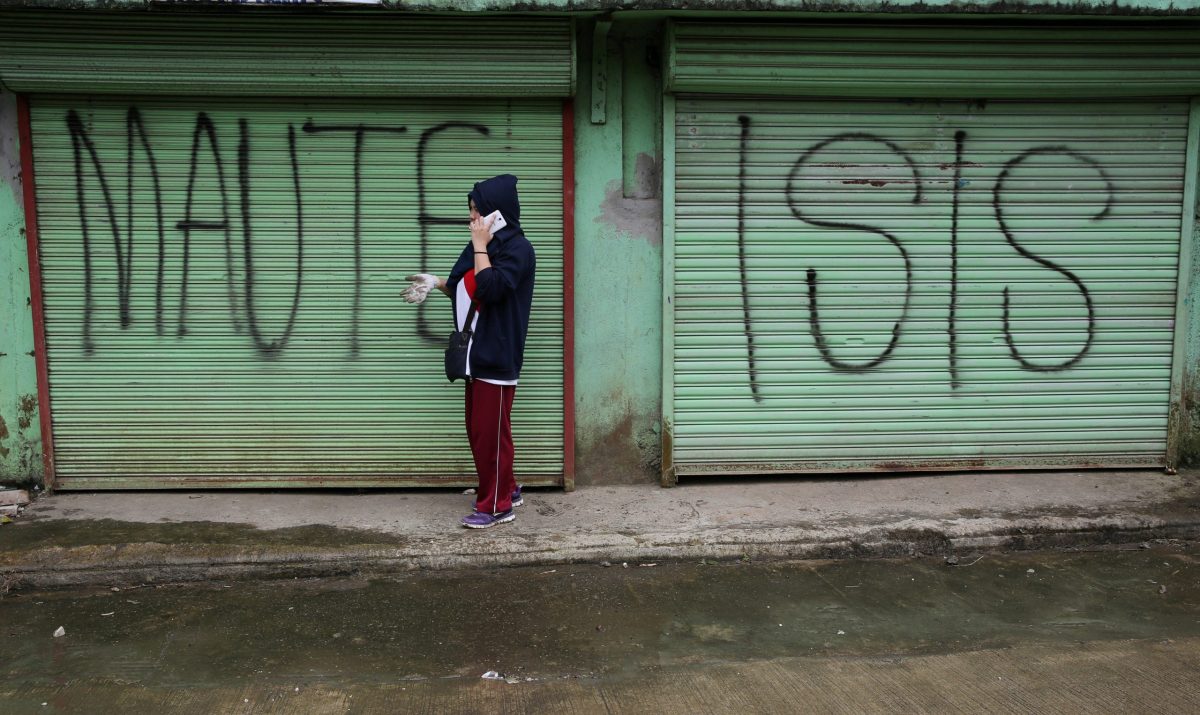
In 2017, the five-month “Battle of Marawi” waged by Islamic State-affiliated groups in the southern Philippines highlighted the gravity of the Islamic State threat within the country. Moreover, it highlighted the likelihood that the Philippines would remain the epicenter of the Islamic State threat in the region. Since the recovery of Marawi, it has become even more critical to understand the evolving nature of Islamic State-linked activity in the country, and its regional implications.
As the second of a four-part series on the Islamic State in Southeast Asia, this report provides an overview of the characteristics of Islamic State-linked operations in the Philippines between 2014 and 2019, highlighting the instrumental value of the Islamic State brand for local groups. Drawing on open-source materials, the report examines the factors that contributed to the rise of the Islamic State’s influence and activity, specifically within the context of the Philippines, and analyzes its impact on local militancy during and after the Battle of Marawi.
The losses experienced by Islamic State affiliates during the Battle of Marawi deeply changed the structure of Islamic State-linked militancy in the Philippines, moving from the united front of the Maute Group and ASG-Basilan led coalition during the battle to an increasingly decentralized structure. The findings of this report underline the Islamic State’s evolving nature and the appeal of allegiance for local groups in an environment that is marked by numerous other challenges such as poverty, clan rivalries, criminal violence, as well as a long-running communist insurgency. The change in the nature of the Islamic State’s presence in the country indicates fewer Marawi-style sieges and more targeted attacks, and an increase in the use of suicide attacks.
This report is the second in a series of four reports that map the Islamic State’s presence in Southeast Asia between 2015 and 2019. The first report provides a broad regional perspective on the nature of the Islamic State threat and is available here.
 Skip to content
Skip to content

